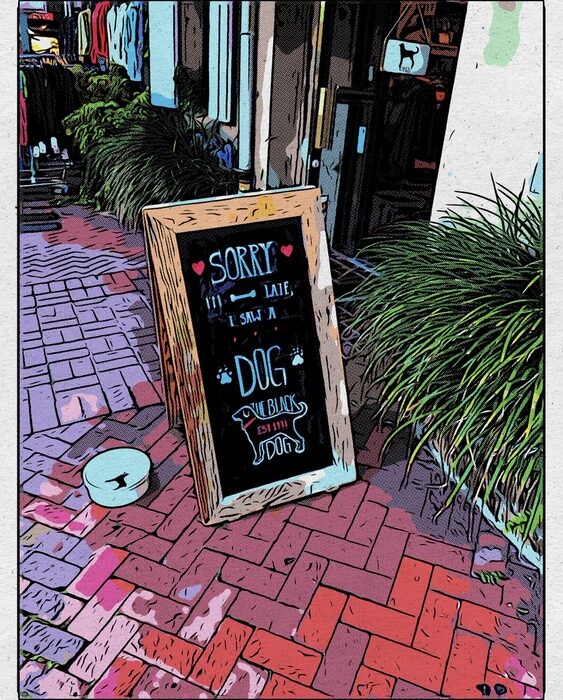Sorry — too little time left.
~ Richard Avedon, from Creative People Say No
slip:4umeke1.
Well, there’s someone who has it figured out.
ɕ
Sorry — too little time left.
~ Richard Avedon, from Creative People Say No
slip:4umeke1.
Well, there’s someone who has it figured out.
ɕ

Have you heard the phrase “a big lift”? It’s the idea of making a concerted effort to accomplish something big, in one steady effort. The idea being that some accomplishments just don’t quite ever get done via small, daily steps.
Each year, in NO!vember I set about weeding. I try to identify every single thing I’m doing, and then assess whether or not I want to keep doing that. This sets me up for December. In December everyone I normally interact with starts to assume everyone else is on holiday. Things generally get more quiet in terms of projects and work.
In December, I identify big things that I’ve either just discovered (perhaps I didn’t even see them until clearing out in NO!vember) or which I’ve been ignoring (which means they’ve been nagging at the back of my brain.) I try to find a big lift that will yield some sort of big benefit in the coming year—a big time savings, or a big force multiplier for me going forward.
In December, I point my efforts at one of those big lifts…
It invariably ends up being a huge effort—bigger than just “big,” several hours, every day! But each year, as I head into the new year, I ride on that bad-ass high of knowing I cleared the decks in NO!vember and picked off that one big lift in December.
Is there a big lift you can imagine that would shift your continents creating new opportunities or capabilities for you in the new year?
ɕ
I’m deep into NO!vember and of course the biggest reduction in overload is the practice of not adding more things. But I’m finding some snowball effect too: As I see the pile evaporating… as I’m not adding more things… I’m feeling more inspired and motivated to pick off one or two problem things.
One thing I will say about these lists: they are written as a way of fortune and future-telling and anticipating what a technology might do. But you often don’t know the answers to a lot of the questions until you adopt the technology.
~ Austin Kleon from, Questions for technology
slip:4uauqu1.
Kleon’s post is a significant collection of things (people who’ve dug into technology, lists of questions as way to evaluate technology, and more) for evaluating technology. But this point he makes at the very end is critical: Sometimes, you just can’t tell until you try it.
I hate that about technology. In fact, I use it as a key test of my own. If I cant’ tell without trying it, then it’s not worth my time trying.
ɕ
It’s amazing what the addition of a single character can do. I’m often striving to say no more often. The month of No!vember shall be a month of practicing saying no.
I’ve been saying “no” to a lot of stuff and spending more time alone, working in the studio. When it comes to invitations, a helpful question I ask myself is, “Would I do it tomorrow?” If not, here’s how to graciously say no to anyone. (More in the “Build a Bliss Station” chapter of my book, Keep Going.)
~ Austin Kleon, from NO!vember
slip:4ufeea1.
It’s not clear (granted, I didn’t look very hard) if No!vember is Kleon’s idea. That doesn’t matter to me. His mention is where I first learned it, and so I was 19,050 days old when I learned this. That’s a bit of a shame, and I hope it’s helped you sooner.
ɕ